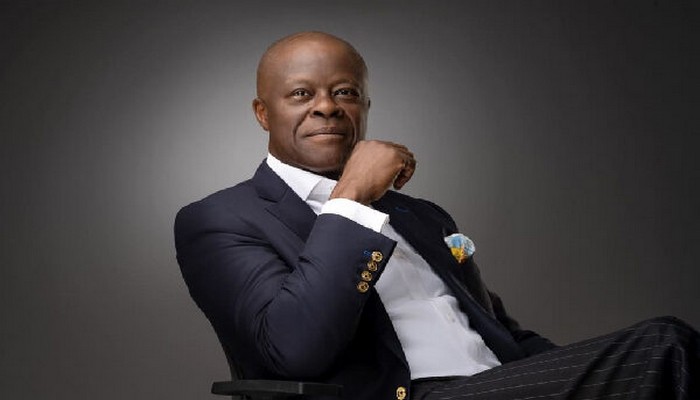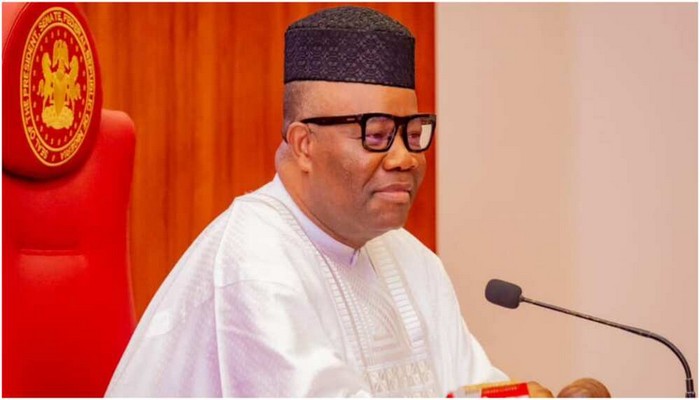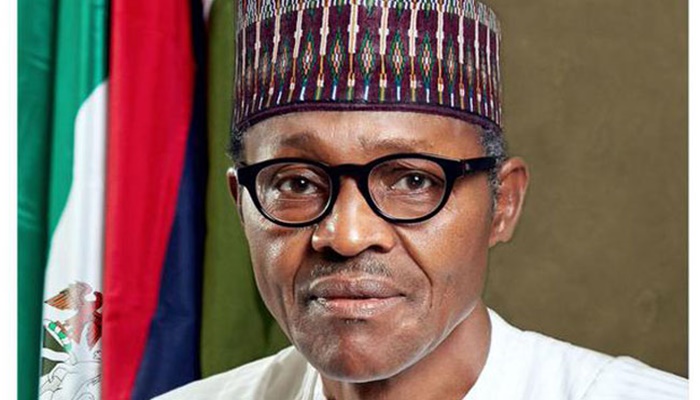National Bureau of Statistics (NBS) has said that the Gross Domestic Product (GDP) of Nigeria declined by 0.36 percent from what it was a year earlier, compared with a growth of 2.11 percent the previous three months.
In the statistics pushed out today by NBS, manufacturing, financial institutions and real estate declined in the quarter even as crude production fell to 2.11 million barrels a day from 2.18 million in the previous quarter.
The last time the economy contracted was the second quarter of 2004, according to data on the Central Bank on Nigeria (CBN) website.
The economy, according to report by Bloomberg monitored by Business247 risks falling into recession after it shrank in the first quarter as oil output slumped and the manufacturing, financial and real estate industries declined.
Falling prices of crude, from where the country derives up to 70 per cent of its revenues, have caused the nation’s economic outlook to deteriorate as the government struggles to pay salaries and stimulate growth, forcing it to increase borrowing.
The Federal Government has resisted calls from investors to devalue the naira, which has been pegged at 197-199 per dollar for more than a year. According to experts, foreign-exchange trading restrictions and import curbs were said to have led to shortages of goods from gasoline to milk and contributed to the contraction in factory output in the quarter. These were said to have contributed to the present situation the economy is passing through.
Some of the experts Bloomberg spoke with on the issue have the following to say: “It’s inevitable that we’ll go into recession,” Pabina Yinkere, an analyst at Vetiva Capital Management Ltd. and the only contributor to Bloomberg’s survey who predicted a contraction, said by phone from Lagos on Friday. “I expect the second quarter to be even worse.”
“It is now likely that Nigeria’s economy will contract over the year as a whole,” John Ashbourne, a London-based Africa economist at Capital Economics Ltd., said in an e-mailed note to clients. “We have long warned of a slow-burning crisis in Nigeria. It now seems that this view was too optimistic: the country is headed into a full-blown crisis.”
“We have one more month to evade a recession, and that’s just not going to happen. Let’s not fool ourselves,” Bismarck Rewane, chief executive officer of Lagos-based consultancy Financial Derivatives Co., said by phone. “We’ve had strikes, petrol queues, and disruption of oil production, all showing we’re headed to another negative quarter.”
The contraction “shows that Nigerians and particularly the central bank should now reconsider the tightening stance they have embarked upon,” Ayo Teriba, chief executive officer of Economic Associates Ltd., an advisory firm, said by phone from Lagos.









































Comments are closed.